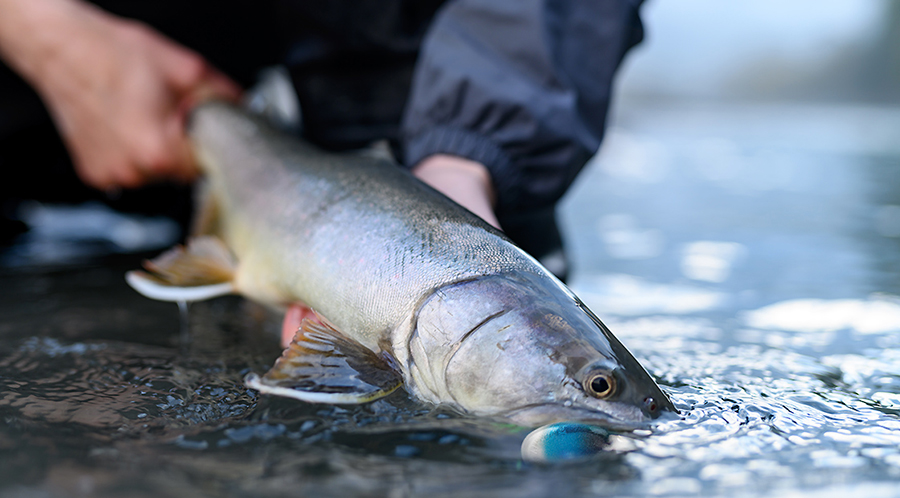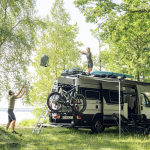Rapala VMC Corp., the fishing tackle company based in Helsinki, Finland, reported that current market conditions continue to pose challenges as the de-stocking process at the retail and wholesale levels has persisted for a longer duration than initially anticipated.
Company President and CEO Lars Ollberg said the de-stocking phenomenon is a direct consequence of resolving global supply chain bottlenecks, which have flooded the market with excess products. Ollberg also said there had been a simultaneous shift in consumer spending patterns from outdoor activities to other activities in the post-COVID era.
“In conjunction with these challenges, the overall economic downturn and high inflation rates are exerting adverse effects on consumer discretionary spending in key markets,” Ollberg shared.
Ollberg’s commentary accompanied Rapala VMC Corp.’s report for the first half as follows:
- Net sales were €117.9 million, down 21 percent from €148.4 million in the 2022 first half. Currency-neutral sales were 20 percent down from the prior-year period;
- Operating profit was €4.4 million compared to €13.6 million in H1 last year. Comparable operating profit was €5.3 million against €15.5 in 2022;
- Basic earnings (loss) per share were a loss of €0.03 per share in the 2023 H1 period, compared to EPS of €0.22 per share in H1 2022;
- Cash flow from operations was €18.6 million versus negative cash flow of €8.6 million last year; and
- Inventories were €98.5 million at half-end, compared to €117.7 million at the same point last year.
Ollberg said that despite the obstacles he outlined, the U.S. economy had demonstrated resilience, characterized by robust consumer spending and consistently low levels of unemployment.
“We have seen the tide starting to turn in the U.S. with summer fishing replenishment orders coming in strong, and, consequently, our consumables sales in the U.S. have surpassed budget and forecasts,” he said. “We expect this positive sentiment to gradually transfer over to durables in which we have a lot to gain in the years to come with 13F products.”
Ollberg said that although the company expected that the de-stocking process would gradually ease in the latter half of the year, it would still impact the Group’s winter and ice businesses.
“Pre-sales of our winter business for the upcoming season have fallen short of expectations due to a general economic slowdown and weak sell-through at the retail level, primarily attributed to unfavorable winter weather conditions experienced in the previous year,” he shared.
The Group, home to the Rapala, Okumo, 13 Fishing, VMC, Sufix, and StrikeMaster brands, reportedly implemented cost-saving measures at all levels of the organization to mitigate the impact of reduced turnover, including reducing headcount, particularly at its headquarters where a restructuring effort has taken place, resulting in a reduction of 25 positions out of a total of 60. Factories have adapted their production capacity to align with demand to mitigate inventory levels and control fixed costs. Overall measures project a reduction of 6 million euros in fixed costs in the next 12 months.
But Ollberg hinted that the company is running cash poor and looking for capital to keep moving forward.
“Cash challenges compel us to leave no stone unturned to search for working capital improvements,” Ollberg stated. “We have implemented an aggressive inventory reduction plan with an ambitious goal of reducing inventories by 25 percent under a ‘One More Turn’ initiative. Additionally, we are actively focusing on accelerating the collection of receivables while simultaneously enhancing customer service.”
The Group expects its 2023 full-year comparable operating profit to be significantly below the previous year.
Although Ollberg said they are excited about the robust product pipeline ahead in the coming years, one of his focuses would be to initiate new strategic partnerships that further support its existing categories and strengthens the company.
“Our recent strategy with 3rd party distributorships has narrowed our product offering and consequently reduced the coverage of our fixed cost base,” Ollberg concluded.
Photo courtesy Rapala
















